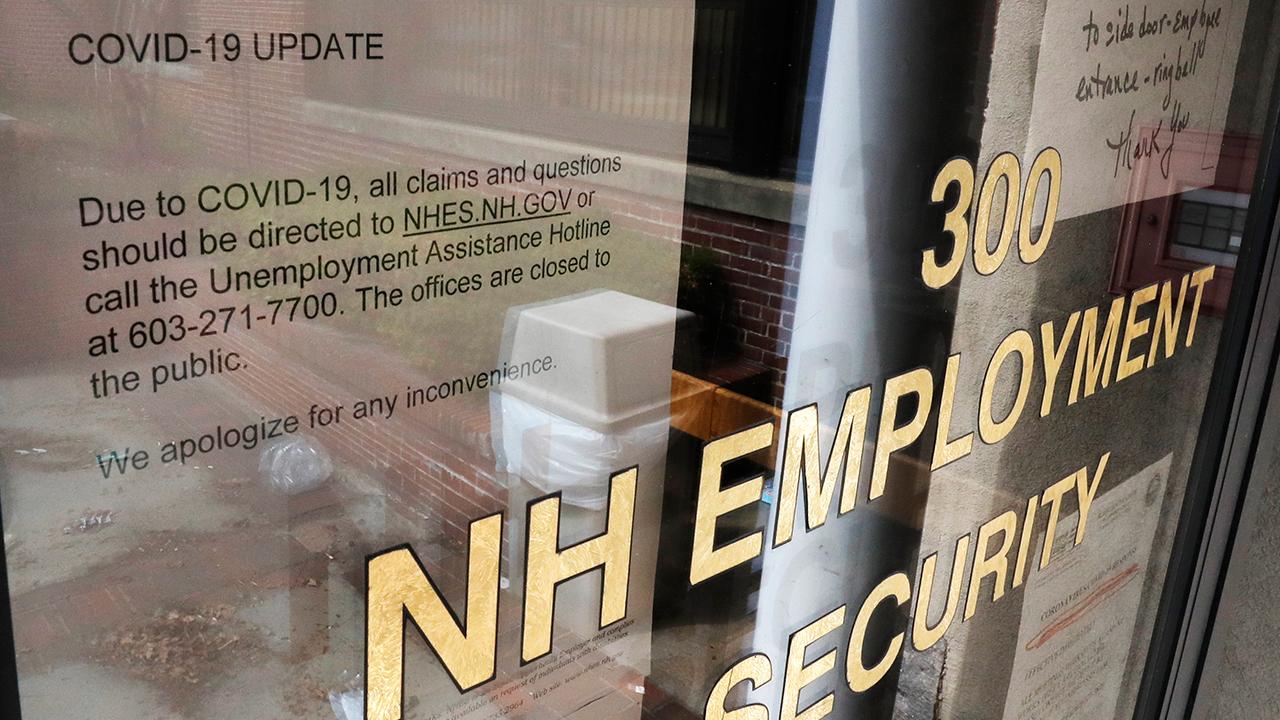3 retirement rules to live by
What you can do to ensure you're doing everything possible to enjoy a comfortable and financially secure retirement
Despite the coronavirus pandemic turning the world upside down, the majority of retirees still maintain an optimistic outlook. In fact, approximately 76% of retirees say they're confident they'll be able to enjoy the rest of their retirement comfortably, according to a survey conducted by the Employee Benefit Research Institute in late March.
Whether you're looking forward to retirement or COVID-19 has you a little rattled about your senior years, there are a few rules you should be keeping in mind to ensure you're as prepared as possible.
HOW TO SAVE FOR RETIREMENT WHILE ON UNEMPLOYMENT
1. Don't underestimate how long you might live
The average American expects to live to around age 84, according to Aegon's 2019 Retirement Readiness Survey. That's in line with the Social Security Administration's average life expectancy estimate of around 84 years for men and 86.5 years for women.
However, approximately one-third of today's 65-year-olds can expect to live to age 90 or beyond, according to the Social Security Administration, and an estimated one in seven will live to at least age 95. If you're only planning to live into your mid-80s and end up living into your late-90s or even to age 100, your savings won't go nearly as far as you may have expected.
CORONAVIRUS FORCING EARLY RETIREMENT? HERE ARE YOUR OPTIONS
Of course, you can't know exactly how long you'll live, especially as you're planning for retirement. But look into your family history and consider your own health. If most of your older relatives have lived long, healthy lives and you're in peak physical condition, it might be a good idea to save more so your money will last longer.
2. Carefully consider what age you should claim Social Security
The age you begin claiming Social Security benefits will affect how much you receive every month for the rest of your life, so it's not a decision to be taken lightly.
You can begin claiming as early as age 62, but the earlier you claim, the smaller your checks will be. For every year you wait beyond age 62 to claim, you'll receive an additional 8% in benefits. If you claim at your full retirement age (FRA), you'll receive the full benefit amount you're theoretically entitled to, and if you wait beyond that age (up to age 70), you'll receive a bonus amount on top of your full benefit amount.
There's no one right answer as to when you should claim, so it will depend on your situation. If you're retiring in your early 60s and need the extra cash, you may want to claim early. Or if your savings are sparse and you expect to live a long life, you may choose to delay benefits to take advantage of those bigger checks for when your savings run dry. No matter when you choose to claim, make sure it's a thoughtful decision.
FIVE CORONAVIRUS LESSONS FOR ANYONE WITH A RETIREMENT FUND
3. Determine a safe withdrawal rate
Even if you save loads of cash for retirement and have built a robust retirement fund, if you withdraw too much too soon, you could still run out of money. So as you're headed into retirement, make sure you know how much you can safely withdraw from your retirement account each year.
A common benchmark is the 4% rule, which states you can withdraw 4% of your savings during the first year of retirement, then adjust those withdrawals each year after to account for inflation. The 4% rule has its merits, mainly because it ensures you're thinking about how much you're spending rather than withdrawing as much as you want whenever you want. However, the rule also has its flaws.
For example, the 4% rule assumes you're spending the same amount every year of retirement, when in reality your expenses may fluctuate year to year. You may spend more in your early years of retirement as you're traveling or picking up new hobbies, then your expenses could taper off as you settle into retirement. Then in your older age, you may see an uptick in your costs again if you start facing health issues. The 4% rule doesn't account for these fluctuations, which could be problematic.
IS FINANCIAL INDEPENDENCE POSSIBLE DURING CORONAVIRUS?
To determine a safe withdrawal rate, it might be a good idea to talk to a financial advisor. The 4% rule can get you in the right ballpark, but working with a professional can ensure you're spending appropriately in retirement.
Retirement planning isn't easy, but there are steps you can take to make it a little easier. By following these three rules, you can ensure you're doing everything possible to enjoy a comfortable and financially secure retirement.
The $16,728 Social Security bonus most retirees completely overlook
If you're like most Americans, you're a few years (or more) behind on your retirement savings. But a handful of little-known "Social Security secrets" could help ensure a boost in your retirement income. For example: one easy trick could pay you as much as $16,728 more... each year! Once you learn how to maximize your Social Security benefits, we think you could retire confidently with the peace of mind we're all after. Simply click here to discover how to learn more about these strategies.
CLICK HERE TO READ MORE ON FOX BUSINESS




















